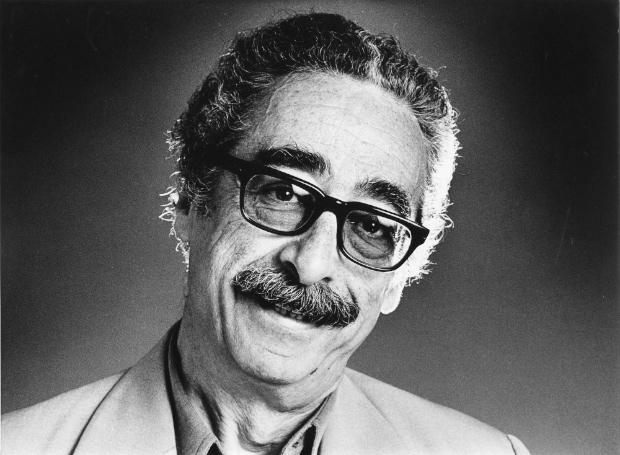Introduction. "Typescript of the Second Origin": Paradoxes of Catalan Literature
Sara Martín, Universitat Autònoma de Barcelona.
The career of Catalan writer Manuel de Pedrolo (1918-1990) was conditioned by his intention to become “a whole literature” (Coca 19), rather than just a writer, during a historical period when Francisco Franco’s dictatorial regime (1939-1975) severely repressed private and public communication in Catalan. Pedrolo certainly proposed in his fiction “a radical inversion of the repressive status quo” (Colmeiro 60) and managed “to make on his own the most impressive act of presence which a literature officially in state of extinction could make” (Triadú 13). Like many other Catalan writers, Pedrolo was limited by a fierce linguistic and literary censorship, to which he reacted with astounding resilience. The method he followed consisted of writing in complete freedom whatever his prolific artistic imagination dictated to him, keeping some works concealed in the hopes of publishing them in better times, and braving censorship as well as he could in the case of the rest.1 Since he eventually became the most often censored writer in Spain, this means that there are important discrepancies between the dates when he wrote his books and the dates when they were published: between 1949 and 1980, thirty-three of his books waited for longer than ten years before publication (Moreno “Pedrolo i la Censura” 7). This, in turn, resulted in a distorted view of his production, which did not particularly bother his many readers, but that contributed to confusing the Catalan literary establishment, already puzzled by Pedrolo’s ambition and boldness. The first paradox, then, is that one of the most complete writers ever produced by Catalan Literature is also one of the least understood, even in our days.
Read more: here







